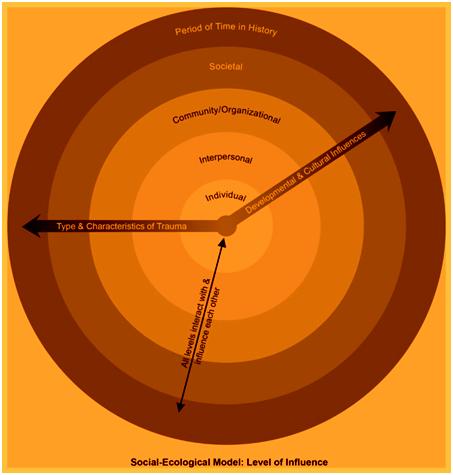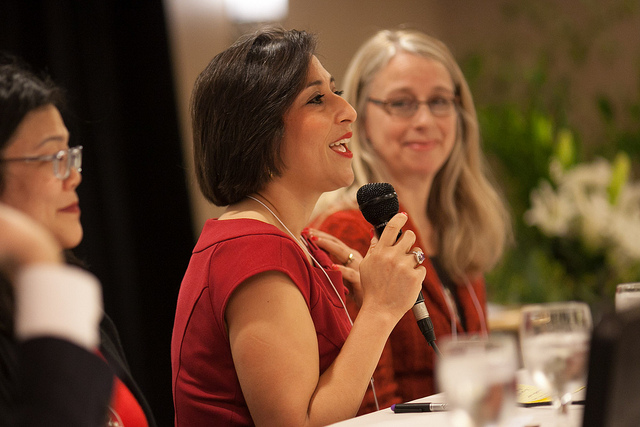
Family, Stigma & Storytelling

Some say that stigma towards mental illness is worse than the mental illness itself. Whether this is true for everyone or not, it illustrates that the burden of stigma is very heavy. I often hear from close family members about the pain of dealing with the reactions in the extended family or community to their loved ones’ illness. The same comes from people with lived experience of mental illness – more than once have I heard something like, “This is a terrible thing to say, but it would all be so different if I had cancer …”
What do we do when we encounter stigma? In a document, “Together Against Stigma,” the Mental Health Commission of Canada points out a number of possibilities. One of the things they talk about is the importance of storytelling.
Telling Stories – “Contact Based Education”
Hearing about lived experience is probably one of the most effective ways to defy stigma. Patrick Corrigan, perhaps the best known researchers in the field (a psychologist, by the way, who openly talks about his own mental health challenges), recommends
– stories be targeted to the specific audience (e.g. the police may not react the same way to a specific story as one’s neighbours);
– the stories should be told by people with lived experience;
– the central message should be goal oriented (“I’d really like them to get how great it is to have a family member who just walks alongside me, without needing to ‘fix’ me”)
– talking about both the ups and the downs – how was it, what did you do, how did it get better (or perhaps also, how is it currently getting better)
– a call for action (e.g. looking up information on the internet, connecting with a person with mental health issues, etc.)
– don’t keep it to a single presentation – what can be done to follow up?
Society, transparency and vulnerability
Bernice Pescosolido and her collaborators have studied mental health stigma all over the world. Surprisingly, they found that most people nowadays accept, at least theoretically, the fact that mental illness is an actual illness, not a character defect or curse – but that this fact often doesn’t make a difference.
They found that stigma is strongest in the following areas: People with mental illness
– “shouldn’t teach children”
– are unwanted as in-laws
– are seen as unpredictable and likely to engage in self harm, and
– are “unwilling to care for children.”
Pescosolido suggests that these are deep-seated ideas about exclusion that go beyond the topic of mental health, and that part of the solution is to change how culture and society shape our attitudes towards relationships in general. I have found confirmation of this in my own work, where helping communities to practice meaningful conversations marked by transparency and vulnerability are useful in lasting change around stigma.
Sources:
“Together against stigma”
Patrick Corrigan: Contact-Based Antistigma Programs
Mention of Pescosolido’s work can be found here

